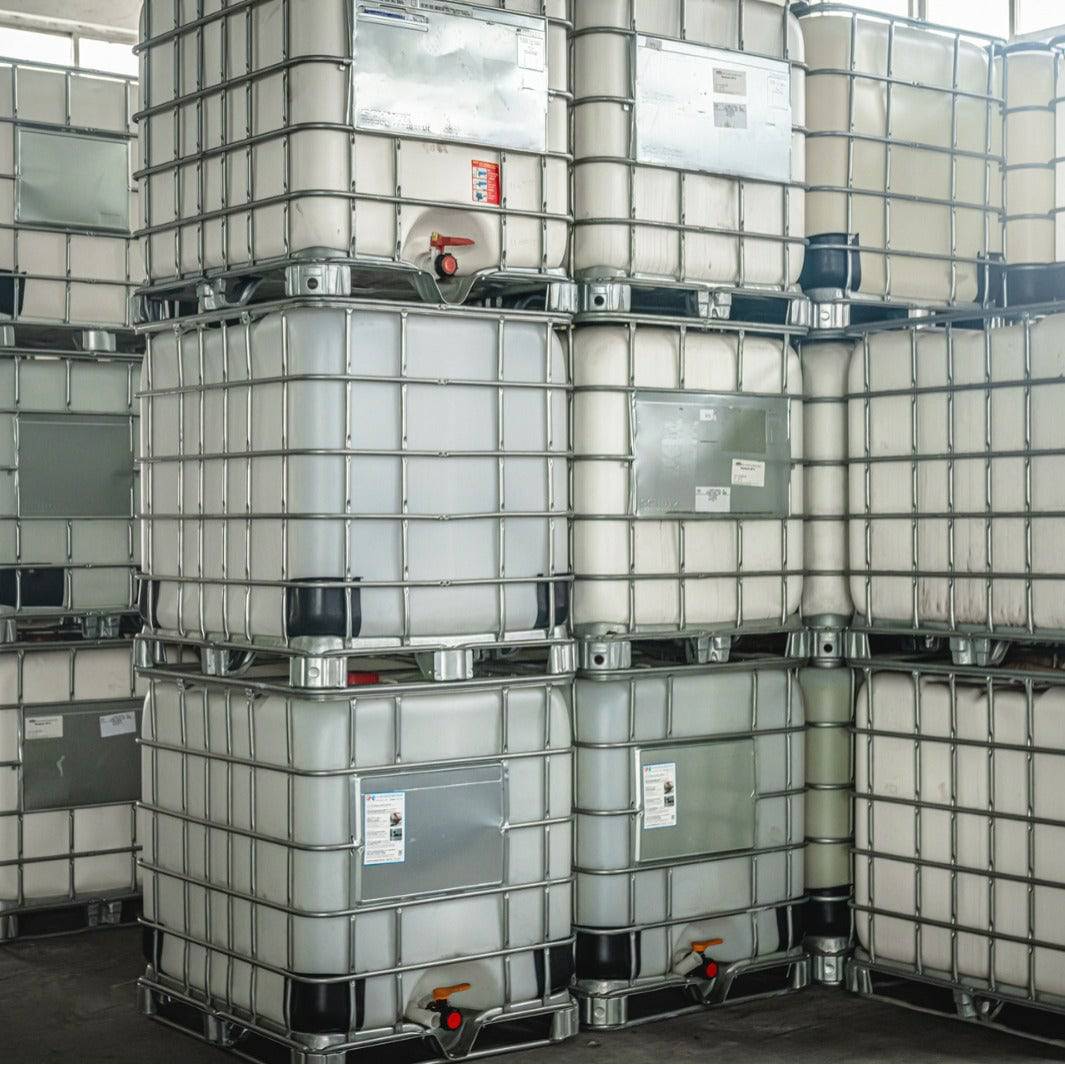Selecting the Right Heat Transfer Fluid for Your Business: Essential Factors
Selecting the Right Heat Transfer Fluid for Your Business: Essential Factors
Blog Article
Why Selecting the Right Heat Transfer Fluid Is Crucial for Optimal System Efficiency
Choosing a proper warmth transfer fluid is a crucial decision that can dramatically impact system effectiveness and functional prices. The best liquid not just improves thermal performance but likewise ensures longevity and integrity of devices, decreasing the threat of costly downtimes. Secret homes such as thermal conductivity, thickness, and thermal security has to be carefully evaluated to maximize power consumption and stay clear of possible failings. As the ramifications of this choice prolong far beyond immediate efficiency, understanding the nuances of fluid selection ends up being vital for any individual seeking to accomplish optimal system performance. What aspects should be focused on in this essential decision-making procedure?
Relevance of Heat Transfer Fluids
What duty do warmth transfer liquids play in industrial processes? Heat transfer fluids are important for the effective transfer of thermal power within different commercial systems.
The option of warm transfer liquid can dramatically impact power devices, effectiveness, and security long life. Liquids need to can enduring high temperatures and stress without degrading, as well as exhibit marginal volatility and reduced poisoning. Their performance directly influences not just the performance of the system however likewise its operational costs.
Furthermore, warm transfer fluids play a vital function in preserving process control, guaranteeing that temperature level changes are lessened. This is especially essential in sensitive applications such as pharmaceuticals and petrochemicals, where precise temperature management is critical. On the whole, the importance of picking the right warmth transfer fluid can not be overstated, as it is essential to maximizing commercial procedures and enhancing overall system performance.
Trick Residence to Think About
When selecting a heat transfer fluid, which essential residential properties should be focused on to make certain ideal performance? Thermal conductivity is vital; a fluid with high thermal conductivity will effectively transfer warmth, reducing energy loss. Additionally, the details warm capacity of the liquid is essential, as it establishes just how much power the fluid can launch and store, influencing overall system responsiveness.
Thickness is another substantial residential or commercial property to take into consideration, as it influences the liquid's circulation qualities; reduced viscosity fluids are normally preferred for easier blood circulation and minimized pumping power. The fluid's temperature array is equally important; it should execute efficiently within the functional temperatures of the system without weakening or vaporizing.
Chemical security is necessary to prevent degradation in time, which can result in system inadequacies and possible failures - thermal oil. Compatibility with system products should not be forgotten to stay clear of deterioration or damages to elements. Finally, take into consideration the ecological influence and safety and security account of the fluid, as policies and sustainability objectives significantly affect fluid option. By focusing on these crucial buildings, one can choose a heat transfer liquid that improves system resilience and integrity.

Effect On System Effectiveness
The choice of warm transfer liquid directly affects system efficiency, influencing both energy usage and operational performance. A liquid's thermal conductivity, viscosity, and warmth capacity play crucial roles in just how successfully it transfers warmth within a system. Ideal fluid residential properties guarantee that warmth is absorbed and dispersed efficiently, lessening energy losses and improving the total performance of the system.

Furthermore, the compatibility of the liquid with system products can substantially affect performance. A liquid that creates corrosion or deterioration can bring about leaks and system failures, better decreasing effectiveness. In recap, the right heat transfer fluid not only makes the most of energy effectiveness and lowers costs but also improves the integrity and longevity of the system, making it a crucial factor to consider for engineers and decision-makers in thermal administration applications.
Usual Types of Heat Transfer Fluids
A range of warm transfer liquids are commonly utilized in thermal administration systems, each with unique residential or commercial properties fit to certain applications. Water is just one of one of the most widely utilized warm transfer he said liquids as a result of its high specific heat ability, affordable, and schedule. Its freezing point limits its use in low-temperature applications.
Thermal oils, usually stemmed from oil, are another prominent selection, specifically in high-temperature systems. These fluids can run at raised temperature levels without vaporizing, making them suitable for commercial applications. Nevertheless, they might have restrictions concerning thermal stability.
Refrigerants, used primarily in cooling down systems, have one-of-a-kind thermodynamic residential or commercial properties that allow for reliable warm transfer at low temperature levels. Their choice is crucial to ensure performance and compliance with ecological guidelines.

In enhancement, phase modification products (PCMs) are acquiring grip for their ability to absorb and launch substantial amounts of warmth during phase changes, providing an one-of-a-kind service for thermal energy storage space. Each liquid's particular characteristics must be reviewed for ideal performance.
Ideal Practices for Selection
Picking the proper warm transfer fluid involves careful consideration of several essential variables that align with the particular demands of the application. Second, think about the fluid's thermal conductivity, which impacts warm transfer rates; greater thermal conductivity generally leads to improved performance.
Additionally, examine the fluid's viscosity, as it influences pumping power and overall system performance. Lower viscosity fluids usually minimize power intake throughout circulation. Compatibility with system materials is an additional critical aspect; ensure that the fluid does not cause deterioration or deterioration of pipes and components.
Following, think about the liquid's security and durability, specifically in high-temperature applications. A steady fluid decreases upkeep and replacement costs. Ecological and security regulations should direct your selection procedure, emphasizing safe and eco friendly options when feasible.
Conclusion
In verdict, choosing the proper heat transfer liquid is crucial for attaining optimum system performance. The appropriate fluid improves thermal conductivity, reduces energy losses, and advertises equipment durability, eventually leading to better system integrity and performance.
Warmth transfer liquids are essential for the effective transfer of thermal energy within various industrial systems. Additionally, the particular warm ability of the liquid is crucial, as it figures out just how much power the liquid can launch and keep, impacting general system responsiveness.
Consider the ecological find out here impact and security profile of the liquid, as regulations and sustainability objectives significantly influence liquid Read More Here choice - propylene glycol. A fluid's thermal conductivity, thickness, and warm ability play essential roles in just how efficiently it moves heat within a system. Water is one of the most extensively used warmth transfer fluids due to its high details heat ability, low price, and availability
Report this page